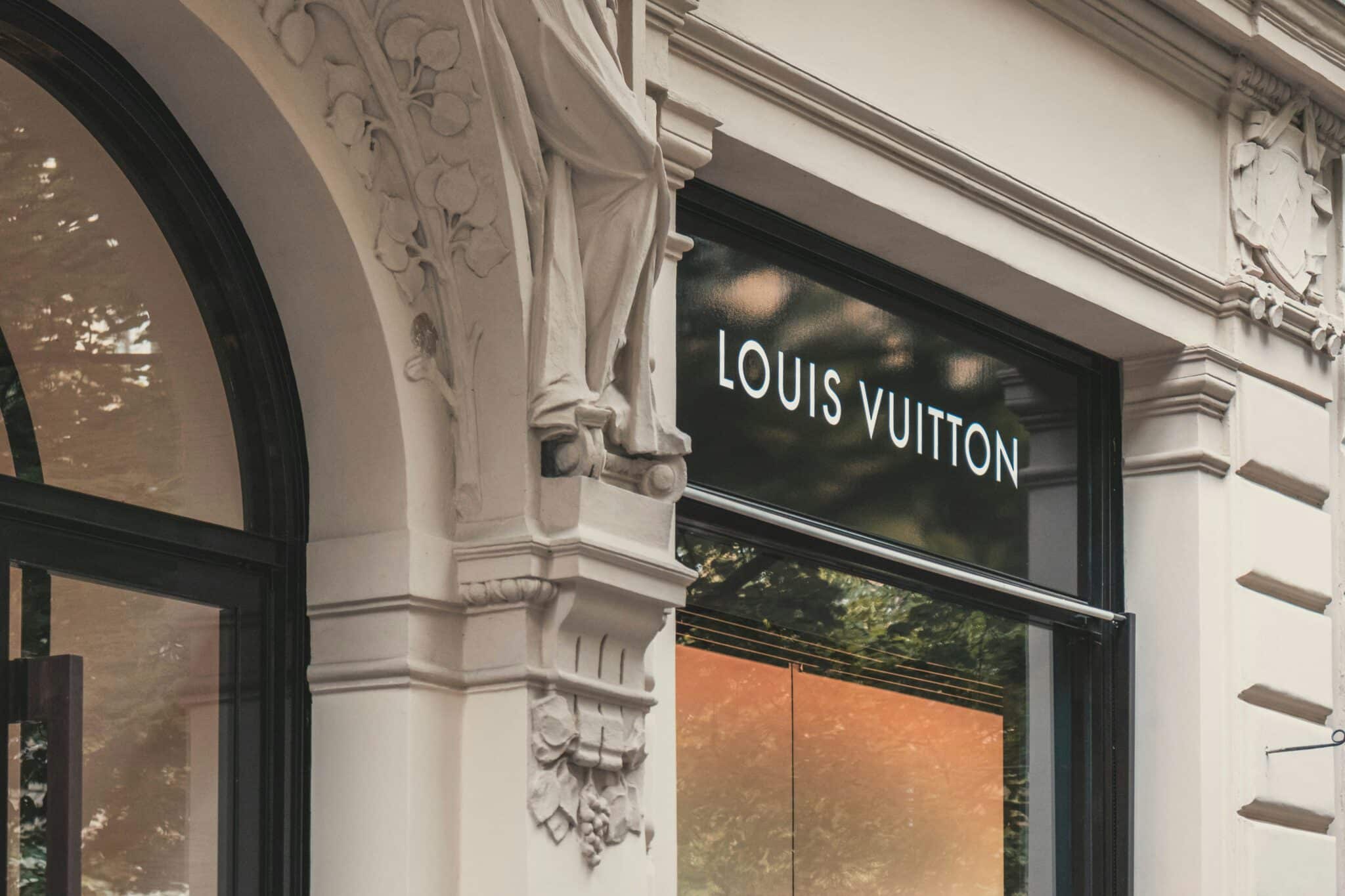After the Yuppies, the Dinks and the Henrys, a new type of consumer profile has emerged on the luxury scene: the Hifi, an acronym for ‘High Incomes, Financially Insecure’. Despite their fragile wallets, these consumers are still able to afford premium items. Here’s how it works.
While old money (a style of dress and lifestyle relative to previous generations), quiet luxury (discreet, non-ostentatious luxury) and Mob Wife (the glamorous, charismatic woman inspired by the popular image of mobster wives) are galvanising young consumers, they all require one essential element: money.
And recently, America has seen the emergence of a new type of customer. These are the ‘High Incomes, Financially Insecure’ (Hifi), a population largely made up of millennials and GenZers who may have high incomes but find themselves in an unstable financial situation, with no reassuring safety net. While these people aspire to a wealthy lifestyle, they don’t feel completely entitled to it.

Belonging to a financially elite community
Making a good living but not feeling rich: that’s the problem with Hifi. With their high incomes, this category of new customers, notably embodied by the younger generations, is not, however, part of the financial elite for whom money is no longer an uncertain subject. Hifi customers earn a good salary, but they have to be careful about what they spend. After all, they don’t have much money to spend.
Nevertheless, this profile intends to live a luxurious life. They want to be able to indulge in various social trends, such as acquiring fashionable goods on the networks or following the clothing trends displayed by celebrities in the spotlight. In a word: consume products like their peers to feel valued in their community and present themselves with a certain status.

Insufficient income to support this lifestyle
But the reality for Hifi is far less glittering. Despite high incomes, they don’t have the necessary and sufficient resources to fully enjoy a top-of-the-range lifestyle. Especially in the post-covid era. Between the government aid passed on during the health crisis, those long months at home when the money not spent on going out enabled them to treat themselves to other products, and the boom in online consumption favouring deferred payments or payment in instalments, Hifi people have not questioned their once substantial purchasing power, while life has returned to normal. Which, in other words, means that they are maintaining their previous spending, even though it has now been increased by the cost of holidays and entertainment (museums, restaurants, concerts, etc.).
Not to mention inflation and rising rents, which are having a major impact on bank accounts. While some have chosen to balance their expenses, others continue to spend a significant proportion of their income on leisure activities and extras, even if it means coming close to bankruptcy. In a February/March 2024 report, financial information and fintech company Pymnts found that 36% of millennials living in US cities, earning $200,000 or more a year, spent their entire salary and that this urban, high-income generation spent 28% of their budget on leisure, personal care and day-to-day transactions.

Hifi, Yuppies, Dinks, Henrys…
The behaviours of different types of customer are often summarised by acronyms. Yuppies (Young urban professional) are young high-income executives and entrepreneurs living in the heart of the metropolis. Dinks (Dual income, no kids) are couples living on two high incomes and without children, which means greater purchasing power and more spending on themselves. There are also Henrys (High earners not rich yet), well-off customers with high incomes who are not yet considered rich.
These acronyms are not just used to describe certain consumer behaviours. From these names will flow various marketing strategies and communication plans led by the brands, particularly the top-of-the-range Houses. The aim? To focus their storytelling and their products on capturing the attention of this clientele and boosting their sales.
Read also : Ahead of the G7 Summit in June: Ukraine at the center of discussions, Russia and China in the background
Featured photo : © Nicolai Berntsen / Unsplash















